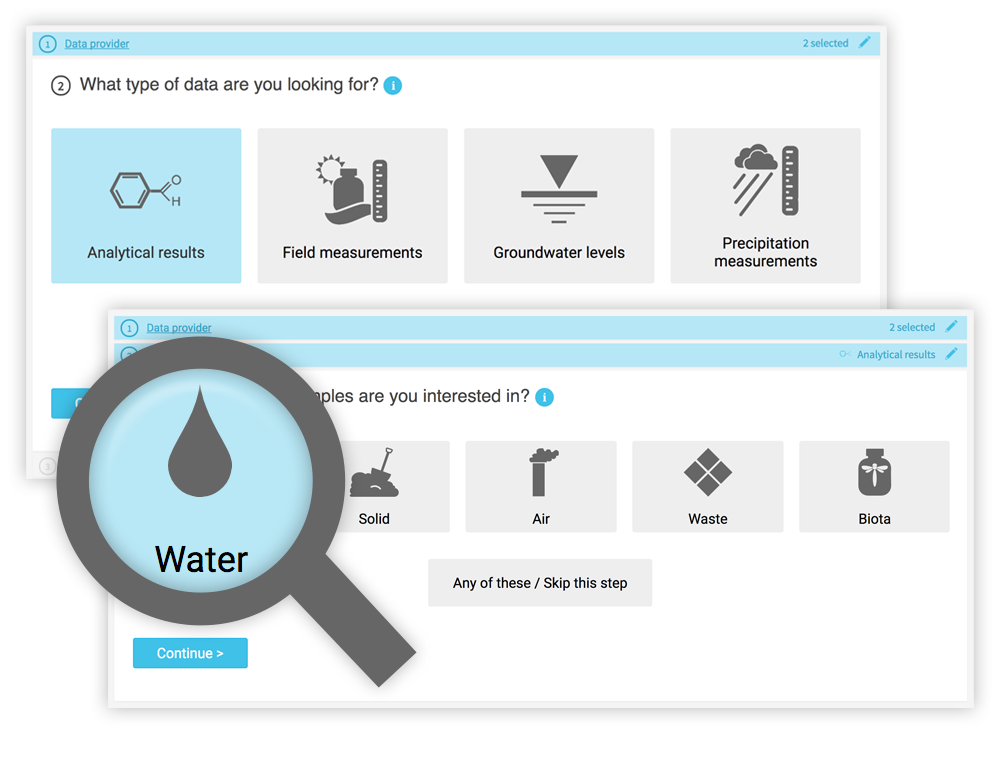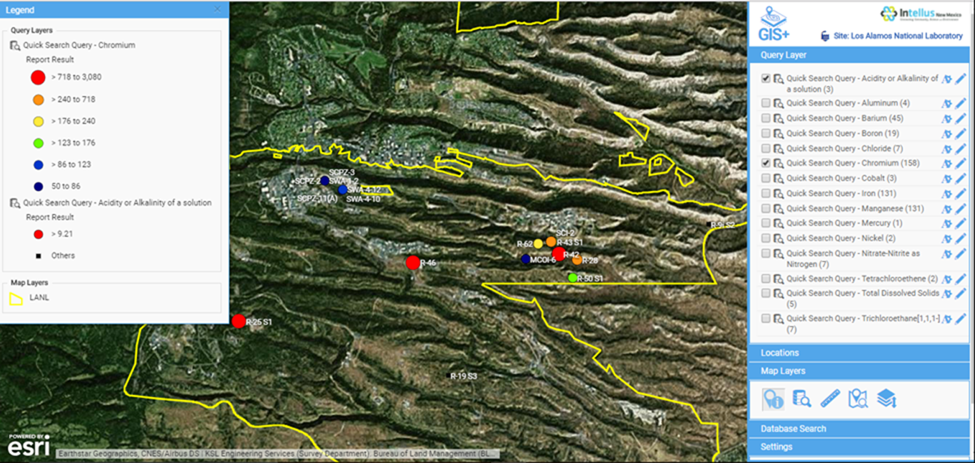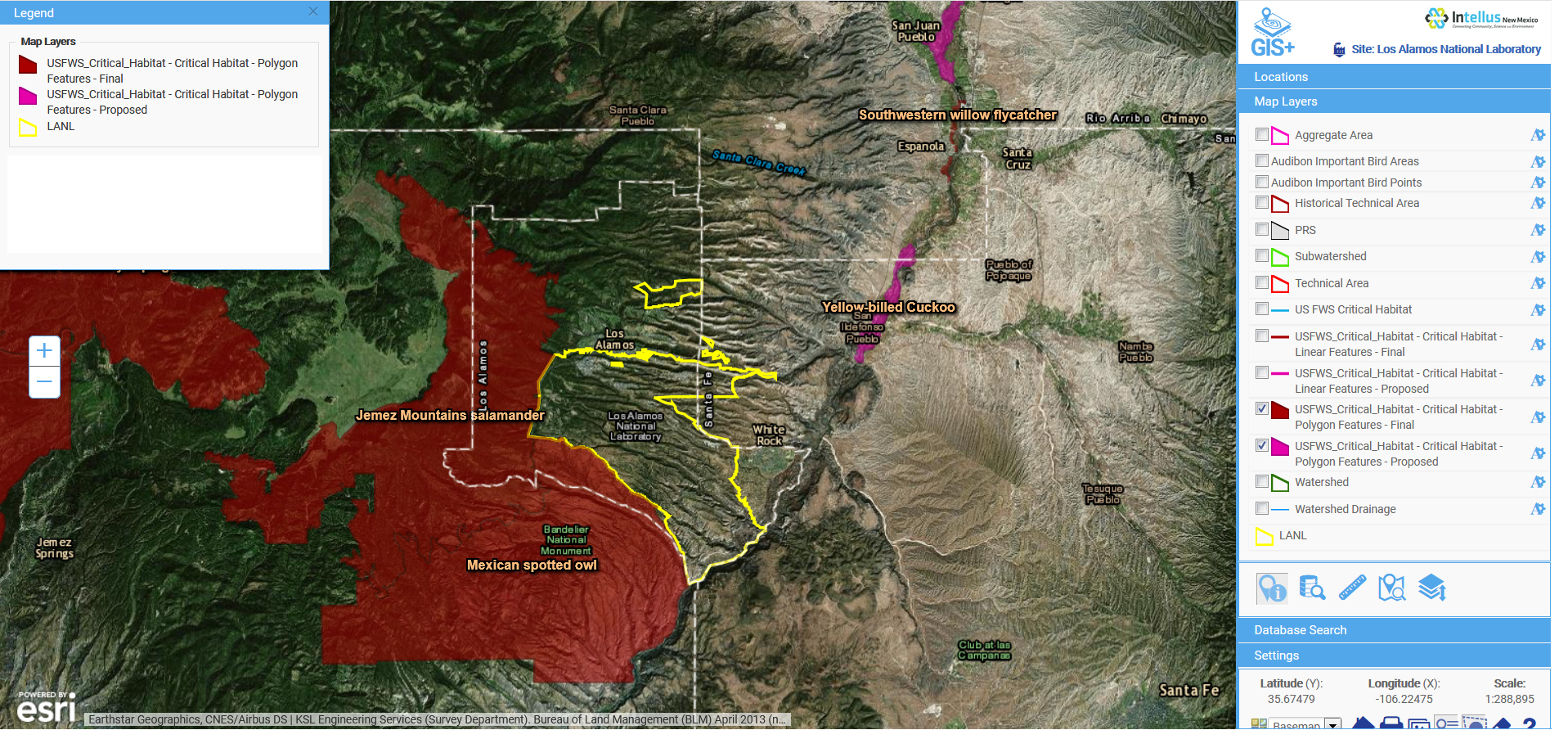The Port of Seattle selects Locus Technologies for Permit Compliance Tracking Software
MOUNTAIN VIEW, Calif., 29 November 2022 — Locus Technologies (Locus) is pleased to announce that The Port of Seattle (Port) has selected Locus’ multitenant Software as a Service (SaaS) for its Environmental Permit Compliance Tracking software. The Port of Seattle is a government agency overseeing the seaport and airport of Seattle. Their portfolio ranges from parks and waterfront real estate to one of the largest airports and container terminals on the West Coast. With Locus’ software, the Port of Seattle’s Maritime Environment & Sustainability department will track and manage compliance with their many permits associated with ongoing Maritime operations. This win represents additional work under Locus’ existing 10-year contract with the Port.
Locus’ SaaS will replace existing systems, which no longer meet the Port’s requirements. The Port will use Locus’ configurable compliance features to track, notify, and manage thousands of regulatory commitments for the Port and its facilities. Locus software provides a unified system for environmental data management and compliance and allows the flexibility to adapt to regulatory changes over the course of the contract.
“We are very pleased that Port of Seattle after selecting Locus earlier this year, recognized the power and flexibility of Locus and extended the use of Locus to include Permit Compliance. The Port selected Locus software because it meets a wide set of robust permit tracking and notification requirements for their active Maritime operations. The Port will streamline tracking of environmental compliance obligations using Locus’ SaaS with a configuration suited to their business processes,” said Neno Duplan, CEO of Locus.

 While a knowledgeable environmental scientist may be able to easily navigate a highly technical system, that same operation is bound to be far more difficult for a layperson interested in what chemicals are in their water. Constructing the right query is not as simple as looking for a chemical in water—it really matters what type of water you want to look within. On the Intellus website (showing the environmental data from the LANL site), there are 16 different types of water (not including “water levels”). Using the latest web technologies and our domain expertise, Locus created a much easier way to get to the data of interest.
While a knowledgeable environmental scientist may be able to easily navigate a highly technical system, that same operation is bound to be far more difficult for a layperson interested in what chemicals are in their water. Constructing the right query is not as simple as looking for a chemical in water—it really matters what type of water you want to look within. On the Intellus website (showing the environmental data from the LANL site), there are 16 different types of water (not including “water levels”). Using the latest web technologies and our domain expertise, Locus created a much easier way to get to the data of interest.

